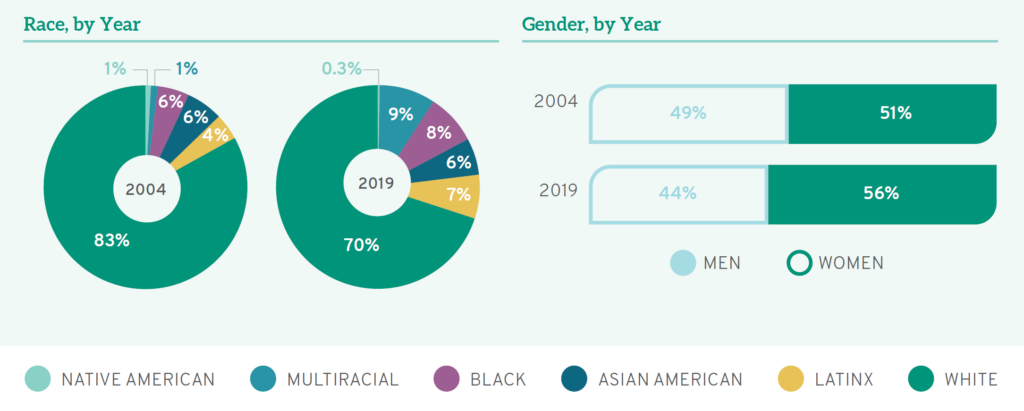
The Role of Data in Mission-Focused Law School Leadership
Jelani Jefferson Exum
Dean & Rose DiMartino and Karen Sue Smith Professor of Law
St. John’s University School of Law
I am a mission-focused leader. Of course, many law school deans would describe themselves in the same manner. Every law school has a mission that identifies and guides the institution. Most law deans were drawn to law school leadership because we believe in the transformative power of legal education, but also because we believe in the mission of our institution. That is my story. As the new Dean of St. John’s University School of Law, I am inspired and guided by the mission of the law school. The mission of St. John’s Law focuses on providing access to an excellent legal education for a diverse student body; teaching and scholarly innovation; building an antiracist community; inspiring civic engagement; and developing leaders. I realize that in order to lead the law school in a manner that stays true to this mission, I need to have an in-depth and nuanced understanding of our student body and their experiences. The data provided by LSSSE are a powerful tool for any law dean – especially one new to an institution – to learn about their student population and the broader legal education landscape. That data, in turn, can assist a dean in supporting the mission of the school.
There may have been a time in legal education when staying true to mission was an easy task. That certainly is not the case in today’s educational and legal climate. For instance, for nearly 100 years, St. John’s Law has opened its doors to a diverse student body – many of whom were first generation college or law school students – and provided them with access to a legal education that would transform their economic mobility. This focus on making legal education more accessible to a diverse group of students, which has been a hallmark of St. John’s Law, is increasingly challenging. The recent constraints placed on admissions by the Supreme Court means that fulfilling this diversity mission priority requires more intentional work on the part of law school deans and their admissions teams. LSSEE’s longitudinal data, such as that provided in The Changing Landscape of Legal Education, provides important information on the shifts in the demographics and needs of law students over the years.
The data summaries are very detailed and break out certain results based on students’ race, gender, sexual orientation, and age. These statistics can aid in understanding the evolving expectations of students in ways that can also inform methods of communicating your school’s value and strengths to a diverse body of prospective students.

Understanding a diverse student body is not only important in maintaining a mission of access, it is also vital to schools that are working to stay true to an antiracism mission. LSSSE data has been extremely useful in illuminating the culture of law schools. Specifically, the 2020 Annual Report, Diversity & Exclusion, provides in-depth information on a variety of topics that give insight into the student experience, from institutional support, to belonging, to diversity skills.


Before I became dean, St. John’s Law used this report, in addition to other school-specific data, to inform the development of its annual Anti-Racism Day programming for 1L students. Now that I have joined as dean, this type of LSSSE data has helped me to think through, not only admissions challenges, but various aspects of our school where the effects of institutional racism can be investigated and addressed – from assessments to student services to teaching strategies. This information also helps us to measure the success of our commitment to an innovative application of knowledge. We will continue to use LSSSE reports as an indirect measures of student success and competence in our learning outcomes. LSSSE survey results give us a mechanism to learn what students think about their learning and experience in law school to use in concert with our more direct assessment measures. In this way, LSSSE data are valuable across mission goals, tying together the points relevant to antiracism, student learning, and overall student success and well-being.
Today’s law school has more need than ever to draw upon its mission statement to chart a path forward. There are many pressures and changes in legal education that make it easy for a school to lose its way. From addressing issues of free speech and academic freedom in light of concerns regarding student inclusion and belonging to navigating how to embrace and champion diversity and access within new legal limits –a law school can easily veer off target and lose its foundational values. LSSSE and the data it so thoughtfully collects and disseminates can be a powerful tool in staying the course for a mission-focused leader.
